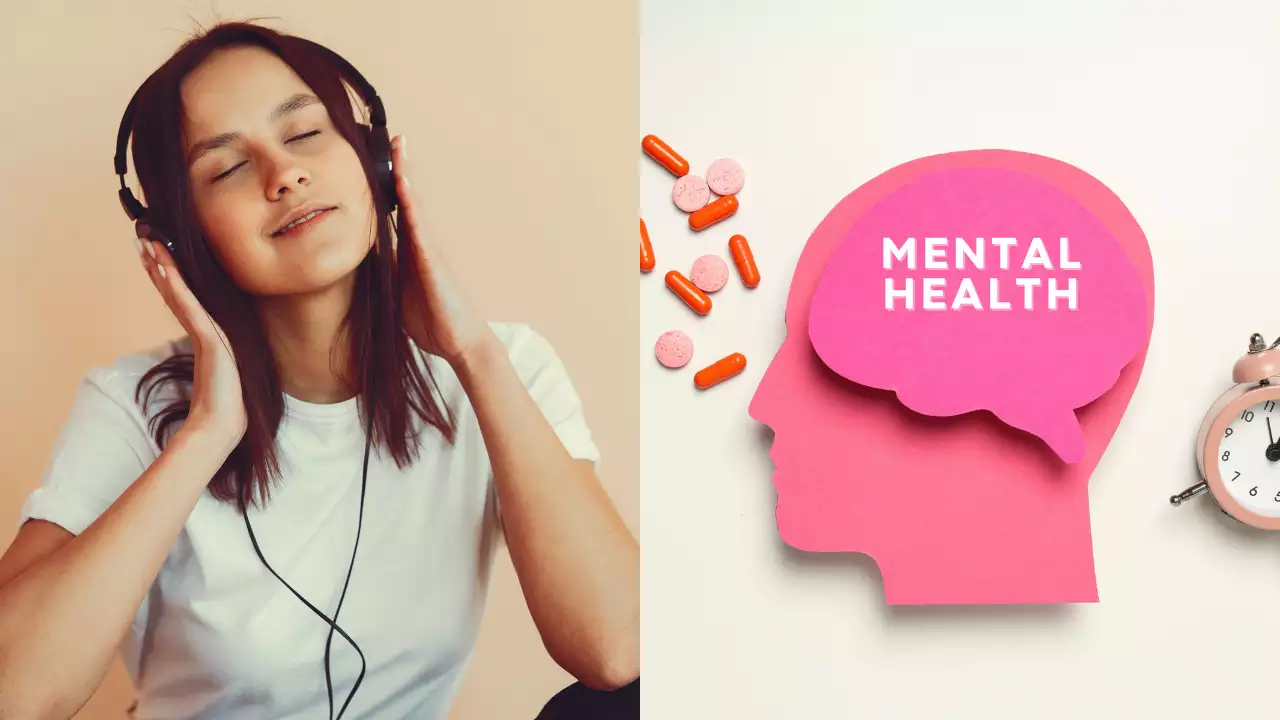Music therapy, a scientifically backed therapeutic approach, is gaining prominence for its ability to address mental health challenges. By using music as a tool to manage psychological, cognitive, and emotional issues, it provides a versatile method for mental well-being.
We speak with a Clinical Counsellor, a Singer and Composer and a Founder of a mental wellness platform, who share music’s impact on the brain, emotions, and overall healing process.
According to Dr. Karanvir Singh, Clinical Counsellor, music therapy employs methods like songwriting, instrument playing, and guided listening to stimulate brain regions associated with emotions, memory, and creativity.
"Music has a profound effect on human brain function. It stimulates the production of dopamine and serotonin, which are molecules essential for mood control, and activates regions associated with emotions, memory, and creativity. Additionally, it reduces tension and anxiety by lowering cortisol levels," he shares.
In India, where mental health disorders affect millions, music therapy offers a culturally resonant and accessible solution. Dr. Singh says that the therapeutic effects of Indian classical ragas like Yaman and Darbari in reducing stress and anxiety.
Beyond individual mental health, music therapy has proven effective in trauma healing, supporting neurodivergent groups, and aiding in stroke recovery. "Making mental health treatment accessible and effective can be achieved by integrating music therapy into everyday activities or workplace wellness initiatives," he suggests, advocating for simple approaches such as community choirs or guided workshops.
At GoodLives, Founder Sakshi Shah has witnessed the transformative power of music therapy firsthand. She describes it as a “remarkable conduit between the heart and the mind” that enables people to process difficult emotions, manage stress, and reconnect with themselves.
"Music can increase focus, elicit strong emotions, and even improve memory," she says. Whether it is through guided music sessions with a therapist or simply listening to calming tunes, the benefits are significant.
Shah also points out the importance of accessibility, urging individuals to start small, such as creating playlists or participating in group singing. "It’s about fostering moments of connection and attentiveness, not simply about sound," she explains, stressing the therapy's application in personal and professional settings alike.
For Thomson Andrews, singer and composer, music therapy embodies universality and harmony. "Music speaks directly to our emotions and helps us connect with our innermost selves in a way that words cannot," he says. Andrews underscores its ability to stimulate brain areas linked to creativity and emotional regulation, making it an effective tool for various conditions, including ADHD, Alzheimer’s, and trauma.
"Collaborative music sessions like group drumming at work not only lower stress levels but also promote a sense of community," Andrews shares. He further stresses its accessibility, pointing out that formal training isn’t necessary to experience its benefits. “Since music is a path of harmony, healing, and optimism, I urge everyone to investigate how it might enhance their mental health journey.”
From reducing anxiety to fostering connections, music therapy offers a transformative path for healing the mind. As these experts highlight, even small steps—like curating a calming playlist or joining a community choir—can make a profound difference in mental well-being.
Get Latest News Live on Times Now along with Breaking News and Top Headlines from Mental Health, Health and around the world.
